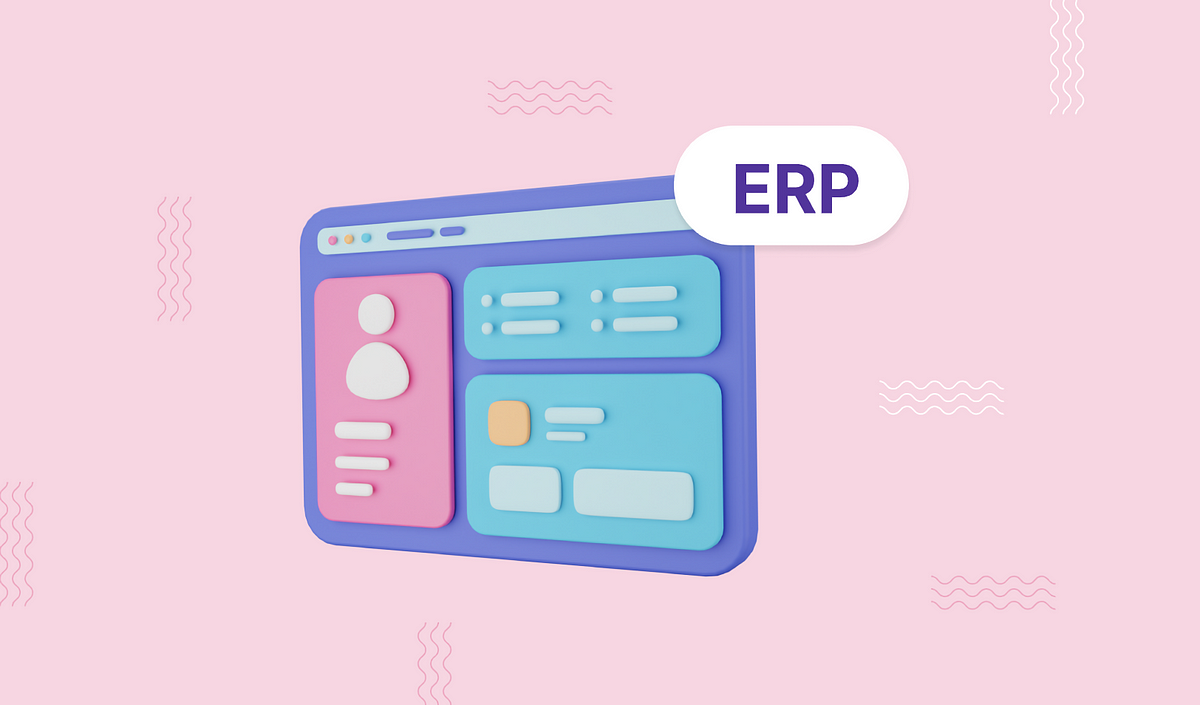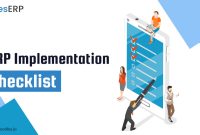In the fast-paced world of modern business, small enterprises often find themselves in need of a robust solution for managing various processes efficiently. This is where ERP (Enterprise Resource Planning) systems come into play. ERP systems help streamline and integrate operations, from accounting and human resources to inventory management and customer relationship management. However, with a plethora of options available, finding the best ERP software for small businesses can be a daunting task.
Key Takeaways
- ERP systems help small businesses manage their operations more efficiently and effectively.
- Several ERP software options cater specifically to the needs of small enterprises.
- Key factors to consider when selecting ERP software include cost, scalability, and usability.
Why Small Businesses Need ERP Software
Small businesses face unique challenges that larger companies might not, such as limited resources and smaller workforces. Implementing an ERP system can help small enterprises overcome these challenges by:
- Reducing manual work
- Improving accuracy and consistency in data
- Enhancing productivity
- Automating repetitive tasks
- Providing insightful analytics and reporting
What to Look for in an ERP System
Choosing the right ERP software is critical to the success of your business. When evaluating options, consider the following factors:
- Cost: Ensure the ERP solution fits within your budget. Look for affordable pricing models or subscription plans.
- Scalability: The ERP system should be able to grow with your business. Look for options that can easily handle increased data and users without significant additional costs.
- Ease of Use: An intuitive, user-friendly interface is crucial for ensuring that your team can efficiently use the system without extensive training.
- Customization: Opt for ERP software that can be tailored to fit your specific business needs and workflows.
- Integration: The system should easily integrate with your existing software, such as CRM, accounting, and other essential tools.
- Support and Training: Reliable customer support and comprehensive training resources can make a significant difference in your ERP implementation success.
Top ERP Software for Small Businesses
1. Odoo
Odoo is a highly versatile ERP system that offers a wide range of functionalities catering to different industries. Its modular design allows small businesses to start with basic features and expand as needed.
- Pros: Highly customizable, user-friendly interface, and a large number of modules.
- Cons: Some advanced features can be costly.
2. NetSuite
NetSuite is a comprehensive ERP solution designed to grow with your business. It offers a variety of functionalities including accounting, CRM, and e-commerce.
- Pros: Cloud-based, scalable, strong financial management capabilities.
- Cons: Can be pricey for very small businesses.
3. Zoho ERP
Zoho ERP is part of the larger Zoho ecosystem and provides extensive tools for managing different aspects of your business. It is particularly well-suited for smaller businesses thanks to its affordability and integration capabilities.
- Pros: Affordable, integrates well with other Zoho applications, easy to use.
- Cons: Limited third-party integrations compared to other ERP systems.
4. QuickBooks Enterprise
QuickBooks Enterprise is highly popular among small businesses, thanks to its excellent financial management capabilities. It also offers comprehensive customer support.
- Pros: Strong financial tools, great support, easy migration from QuickBooks Online.
- Cons: Not as comprehensive as other ERP solutions.
5. SAP Business One
SAP Business One is specifically designed for small businesses. It offers a complete suite of functionalities to manage your operations effectively.
- Pros: Reliable brand, comprehensive features, scalable.
- Cons: Slightly more complex to implement, can be expensive.
Implementing ERP Software
Successfully implementing ERP software involves more than just choosing the right product. Follow these best practices to ensure a smooth process:
- Plan Thoroughly: Develop a detailed implementation plan covering timelines, responsibilities, and specific goals.
- Train Your Team: Proper training is crucial for ensuring that your team can efficiently and effectively use the new system.
- Choose the Right Vendor: Select a vendor who offers strong support and has a proven track record of successful implementations.
- Test Extensively: Before full-scale deployment, thoroughly test the system to ensure that it meets all your business needs.
- Monitor and Optimize: Continuously monitor the system post-implementation to identify areas for improvement and optimize performance.
Conclusion
Choosing the best ERP software for small businesses can have a transformative impact on your operations. With the right solution, you can improve efficiency, reduce costs, and gain valuable insights into your business. Whether you opt for Odoo, NetSuite, Zoho ERP, QuickBooks Enterprise, or SAP Business One, make sure to thoroughly evaluate each option based on your specific needs and budget. A well-implemented ERP system can set your small business on a path to sustained growth and success.


